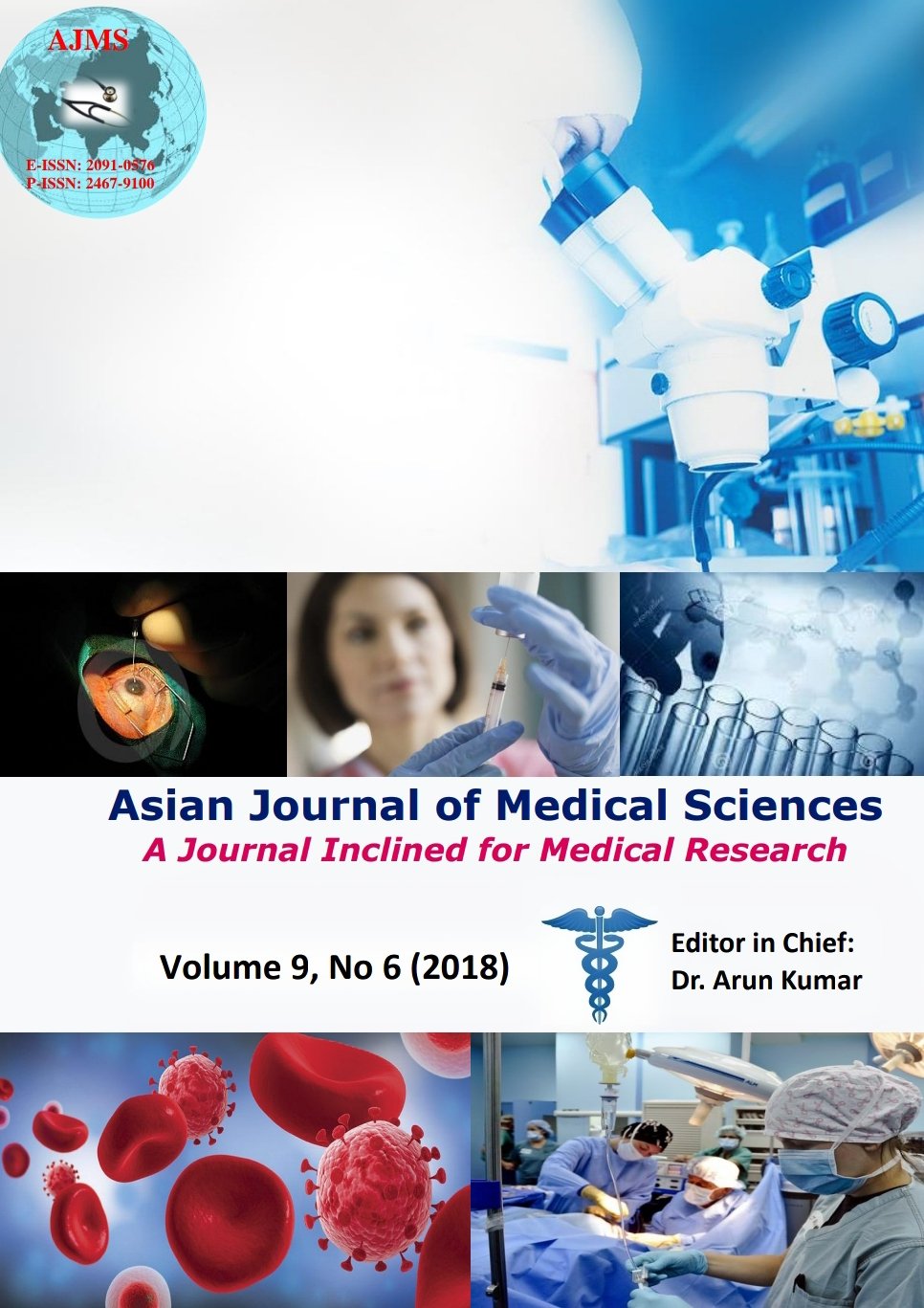Clinical effects of overwintered-stressed Chondrus Crispus and non-overwintered-stressed Chondrus crispus dietary supplementations
Keywords:
Chondrus crispus, Energy, fatigue, Musculoskeletal symptoms, Articular symptoms, Overwintered, Cold, L-citrullynin-L-arginineAbstract
Background: Chondrus crispus is red seaweed widespread in the northern Atlantic coasts due to the high proteins, burden it is quite helpful supplement for some symptoms such as fatigue, asthenia, and weakness and for supporting skeletal muscles in sports athletes.
Aims and Objectives: This retrospective observational “not inferiority” study investigates and compares the clinical effects of overwintered-stressed Chondrus Crispus and non-overwintered-stressed Chondrus crispus dietary supplementations for the treatment of musculoskeletal and articular symptomatology related diseases.
Materials and Methods: Eighty patients were retrospectively reviewed through the Second Opinion Medical Network. Patients were prescribed 3 capsules/day after the main meals for 3 weeks of overwintered-stressed Chondrus Crispus or non-overwintered stressed Chondrus crispus dietary supplementations. Quality of life (QOL) assessment was evaluated by the Short Form-36 (SF-36) health survey questionnaire before starting the treatment and after the third week. Benefits declared by patients were also reported after the treatment in addition to some subjective observations related to the symptomatology and to the health status.
Results: Fifty patients were treated with overwintered-stressed Chondrus Crispus and 30 patients were treated with the non-overwintered-stressed Chondrus crispus dietary supplementation. The general benefit of treatment with overwintered-stressed Chondrus Crispus was 76%, while that obtained with non-overwintered-stressed Chondrus crispus was 33.3% (P <0.01). Results of SF-36 general health status after the treatment demonstrated that 37 patients (74%) and 11 patients (36.7%) felt better than before in the overwintered-stressed Chondrus Crispus group and non-overwintered-stressed Chondrus crispus group, respectively (P < 0.01). A great improvement of subjective exhaustion, fatigue, pain, digestive, and peristalsis disturbances symptoms, in addition to mood and concentration amelioration that would be a consequence of symptomatology regression, was also observed.
Conclusions: This retrospective observational comparative study evidences that overwintered-stressed Chondrus Crispus improved musculoskeletal and articular symptomatology related diseases better than non-overwintered-stressed Chondrus crispus.
Asian Journal of Medical Sciences Vol.9(6) 2018 7-13
Downloads
Downloads
Additional Files
Published
How to Cite
Issue
Section
License
Authors who publish with this journal agree to the following terms:
- The journal holds copyright and publishes the work under a Creative Commons CC-BY-NC license that permits use, distribution and reprduction in any medium, provided the original work is properly cited and is not used for commercial purposes. The journal should be recognised as the original publisher of this work.
- Authors are able to enter into separate, additional contractual arrangements for the non-exclusive distribution of the journal's published version of the work (e.g., post it to an institutional repository or publish it in a book), with an acknowledgement of its initial publication in this journal.
- Authors are permitted and encouraged to post their work online (e.g., in institutional repositories or on their website) prior to and during the submission process, as it can lead to productive exchanges, as well as earlier and greater citation of published work (See The Effect of Open Access).




